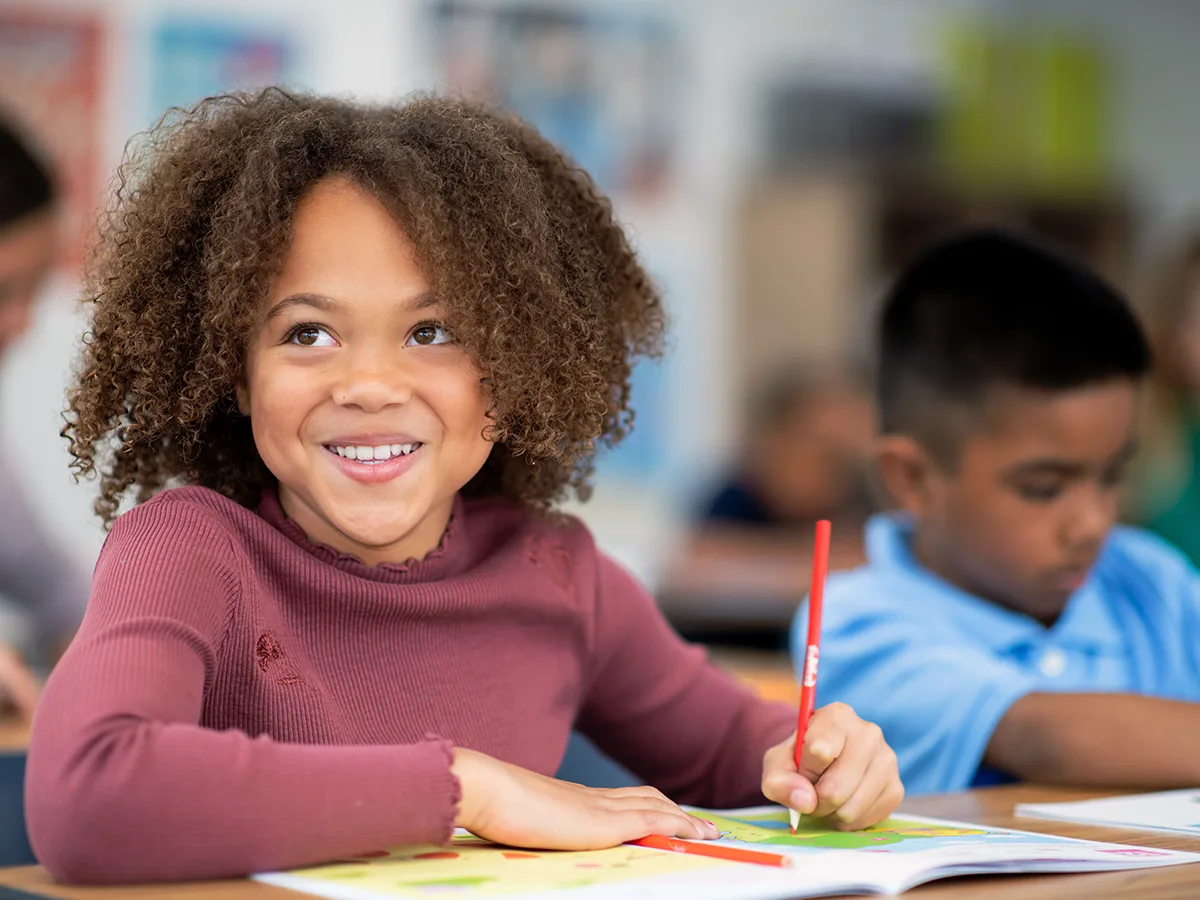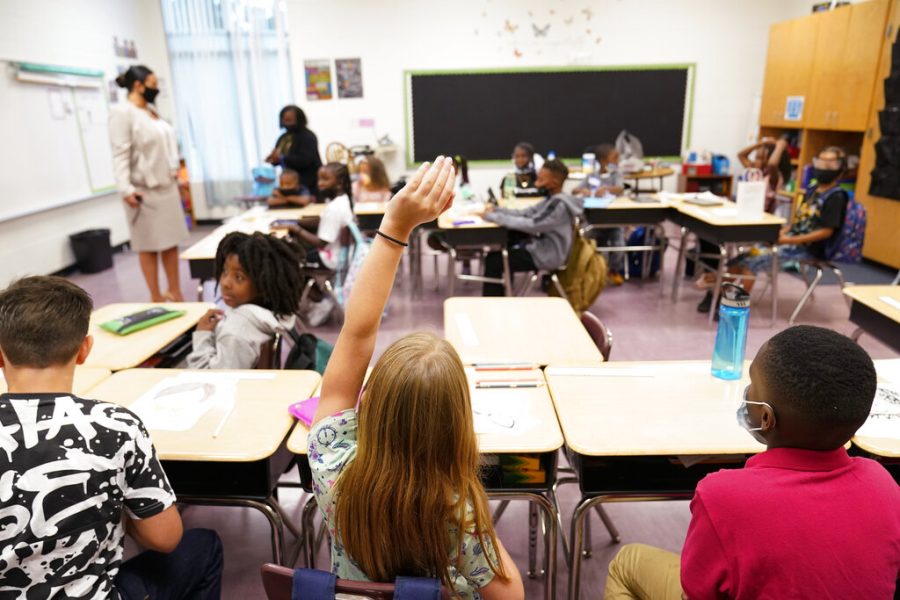Join the Activity to Save Temecula Schools: Neighborhood Action Needed!
Join the Activity to Save Temecula Schools: Neighborhood Action Needed!
Blog Article
Recognizing the Significance of Institutions in Youngster Development and Area Development
Colleges' interaction with regional neighborhoods through service-learning initiatives strengthens the bond in between family members and instructional establishments. This cooperative connection underscores the importance of schools in nurturing active citizenship and long-lasting knowing behaviors.
Academic Achievement
Academic accomplishment works as a keystone of kid growth, providing the structure whereupon future understanding and success are constructed. Institutions play a critical duty in cultivating this academic growth, offering structured environments where kids can acquire essential expertise and cognitive skills. Standardized curricula make certain that trainees gain effectiveness in core subjects such as maths, scientific research, and language arts, which are essential for both higher education and learning and professional possibilities.
Along with giving fundamental scholastic skills, institutions also grow crucial reasoning, analytical capacities, and intellectual interest. These cognitive proficiencies are important for navigating intricate real-world situations and adapting to the ever-evolving demands of the contemporary office. Teachers, as facilitators of knowing, employ varied pedagogical approaches to deal with varied understanding styles, thus taking full advantage of specific pupil potential.
Moreover, scholastic success is closely linked to self-confidence and motivation. Kids that experience scholastic success are much more most likely to create a favorable self-concept and a lifelong enthusiasm for knowing. Institutions likewise use numerous sources, such as libraries and technology, which further enhance the academic experience and prepare trainees for a highly innovative society.
Social Skill Growth
Beyond scholastic success, the duty of schools in social skill growth is crucial. Schools act as a primary place for kids to discover and exercise crucial social skills such as teamwork, dispute, and communication resolution. In the organized environment of a classroom, students connect with peers, teachers, and other institution personnel, using countless possibilities to create these essential abilities.
Reliable social ability advancement in schools is facilitated with group tasks, collective jobs, and extracurricular programs. These communications assist pupils recognize social norms, build compassion, and foster a feeling of neighborhood. As an example, team assignments show pupils exactly how to interact towards an usual goal, listen to various point of views, and navigate differences constructively.

The cultivation of social abilities throughout academic year lays a structure for future individual and professional connections. Save Temecula Schools. As pupils develop, the ability to successfully connect and team up comes to be increasingly vital, emphasizing the school's important duty in holistic youngster growth
Direct Exposure to Diversity
Exposure to variety in institutions is essential to cultivating a comprehensive way of thinking and expanding pupils' perspectives. Schools work as a microcosm of the broader society, and encountering varied cultures, languages, and socioeconomic backgrounds within this environment gears up trainees with important skills for navigating a progressively globalized world. This exposure motivates empathy, minimizes prejudices, and promotes mutual regard amongst peers.
Research shows that trainees that interact with peers from diverse histories display far better analytical abilities and imagination. This understanding of variety prepares this page trainees for future work environments that worth multicultural skills - Save Temecula Schools.

Area Engagement
The benefits of diverse classrooms prolong past the college walls, promoting a solid sense of community engagement amongst trainees. By engaging dig this with peers from various cultural, socioeconomic, and ethnic backgrounds, students acquire a more comprehensive viewpoint and a gratitude for diversity. This exposure encourages them to become energetic residents who want to contribute favorably to their neighborhoods.
Institutions that emphasize community engagement often integrate service-learning projects, which allow students to attend to real-world troubles while using scholastic abilities. These jobs not only improve trainees' understanding of their coursework but likewise impart a feeling of duty and compassion. Additionally, partnerships in between schools and neighborhood companies supply trainees with possibilities to take part in neighborhood events, better strengthening their duty as aggressive neighborhood members.
Furthermore, adult and area involvement in institutions strengthens the bond in between educational organizations and the neighborhoods they offer. With these efforts, institutions play an essential duty in supporting community interaction and fostering societal growth.
Lifelong Discovering Behaviors
Creating lifelong discovering behaviors is vital for a kid's constant development and flexibility in an ever-changing globe. Schools play a pivotal role in instilling these practices by creating a setting that cultivates inquisitiveness, vital reasoning, and a love for expertise. With extracurricular activities and varied educational programs, teachers encourage students to explore numerous subjects, analyze details seriously, and use their discovering to real-world circumstances.

Additionally, schools supply an organized setting where youngsters can develop self-discipline and time administration abilities, both of which are essential for constant knowing. By emphasizing the significance of establishing objectives, assessing progress, and adjusting techniques, universities prepare pupils to navigate the complexities of grown-up life, ensuring they stay long-lasting students and factors to culture.
Conclusion
In verdict, schools are important in promoting kid growth and neighborhood growth by offering atmospheres for scholastic accomplishment, social skill advancement, and direct exposure to variety. With collective tasks and interactions, institutions you could try this out enhance vital thinking, empathy, and interaction abilities. Area involvement initiatives better reinforce the bond in between regional communities and educational institutions. Ultimately, institutions cultivate lifelong learning habits, equipping people with the needed expertise and abilities to contribute positively to culture.
In the structured atmosphere of a classroom, trainees connect with peers, instructors, and other college personnel, offering many possibilities to develop these essential capacities.
In significance, direct exposure to diversity within institutions not just enriches specific trainees yet also enhances the social textile of the community as a whole.
The benefits of varied classrooms prolong past the school walls, promoting a solid sense of neighborhood involvement amongst students.Institutions that highlight community involvement frequently integrate service-learning jobs, which enable students to resolve real-world troubles while using academic skills. Partnerships between colleges and neighborhood companies offer trainees with chances to take part in area events, even more solidifying their function as positive neighborhood members.
Report this page